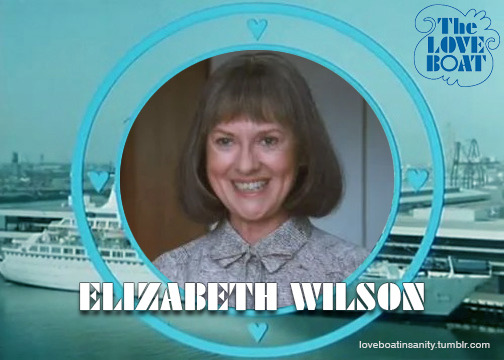#elizabeth wilson
Text
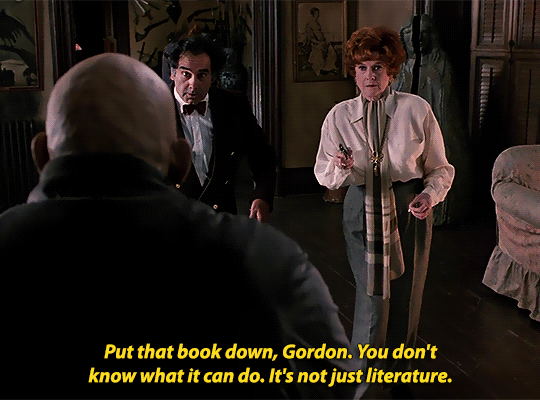

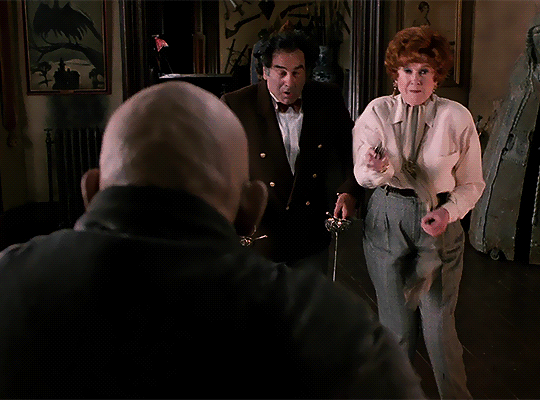
THE ADDAMS FAMILY (1991),
dir Barry Sonnenfeld
#the addams family#addamsfamilyedit#filmedit#horroredit#cinemapix#useroptional#dan hedaya#elizabeth wilson#christopher lloyd#mine
304 notes
·
View notes
Text


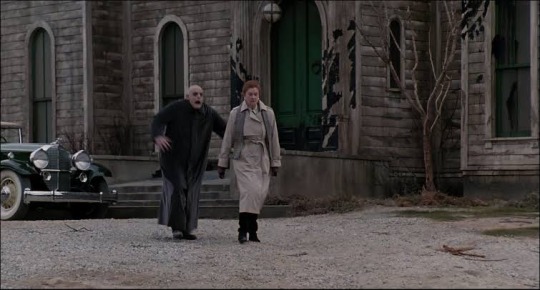



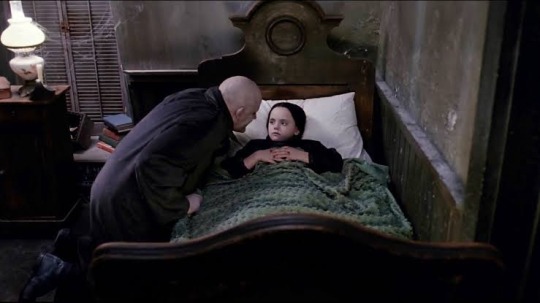



The Addams Family - dir. Barry Sonnenfeld - (1991)
#movie#film#cinema#the addams family#halloween#spooky#costumes#wednesday addams#anjelica huston#raul julia#christina ricci#jimmy workman#christopher lloyd#carel struycken#judith malina#elizabeth wilson#morticia addams#gomez addams#gordon craven#pugsley addams#autumn#fall inspiration#inspo#movie recommendation#halloween night#goth#gothic#movie classics#family movies#family movie night
104 notes
·
View notes
Text
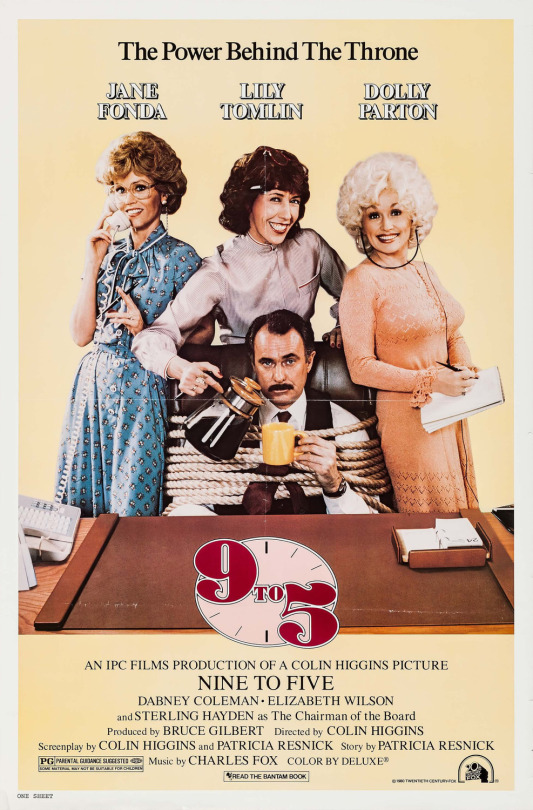
#9 to 5#Jane Fonda#Lily Tomlin#Dolly Parton#Dabney Coleman#Elizabeth Wilson#Sterling Hayden#Colin Higgins#1980
7 notes
·
View notes
Quote
On Mother's Day, we should honor women who embody all the best of motherhood, whether they are mothers or not, with us or not....all those friends who support us with their love, understanding, a hug, and perhaps a glass of champagne when we need it most.
Elizabeth Wilson
https://www.dailymail.co.uk/home/you/article-442696/Mothers-Day-women.html
25 notes
·
View notes
Text
WIP Wednesday
@lklvz from the next chapter of "Pumpkin"
“So, I was talking to Penelope last week,” Luke started as he cooked the two of them breakfast the next morning.
“Oh were you?” Elizabeth responded in a teasing tone.
He turned back to face her, one of his eyebrows raised in question. “What’s with that voice?”
She shrugged innocently. “You and Penelope just seem very… close. That’s all.”
Luke rolled his eyes. “Oh my god, no. Not you too.”
Her eyes bugged out of her head. “What do you mean me too?”
“I have heard enough of this shit from Tara, I don’t need it from you too. There is nothing going on between me and Penelope.”
“I didn’t say there was anything going on.”
“You didn’t have to. I raised you. I know what your expressions and tones mean.”
“Fair enough,” Elizabeth conceded. “So what was this conversation about?”
“You,” Luke answered. “She’s concerned for you, since you grew up around me, that you may be in need of an adult in your life more… attuned to your taste. So she wants to take you shopping, if that’s something you’re interested in.”
#garvez#garvez fanfiction#criminal minds#criminal minds fanfiction#luke alvez#penelope garcia#tara lewis#elizabeth wilson#original female character#wip wednesday
3 notes
·
View notes
Text
Thinking yet again of Elizabeth Wilson’s portrayal of Dr. Pinder-Schloss in the Addams Family movie.
Not just because she's one of best and yet most overlooked things about the film. But also just how adeptly Wilson vanishes into the role of a mother figure who could honestly have been written by Diana Wynne Jones herself. It literally holds the whole film together and give Fester his depth, and (as a result) also gives the film its emotional heart.
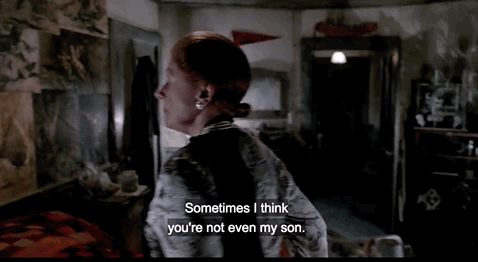



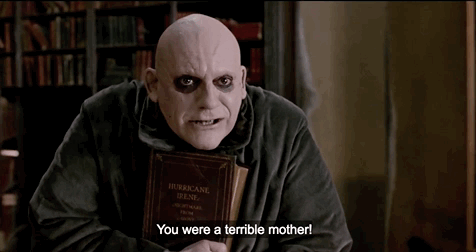

And then, as I wrote this, I realized that in Addams Family Fester Addams really follows the same fundamental character arc as like 20+ different characters in various DWJ novels.
I wrote once about how DWJ’s cardinal sin in her books is selfishness. And oh, I do not mean 'learning to value oneself or stand up for oneself’ when I say selfishness, because my god that is not selfishness. What is selfishness is: prioritizing and seeking one's own welfare or advantage at the expense of or in disregard of others.
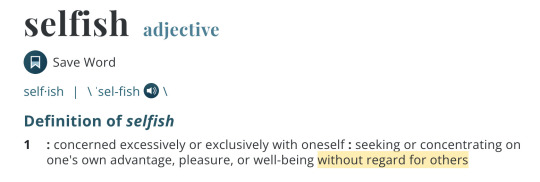

And DWJ’s antagonists are, with few exceptions, selfish in one of two ways:
1. the ruthless Chesney way, that sees other people as tools or parts to use in their own goals, and then uses them like that (this is also, for example, the Witch of the Waste, or Orm Pender, or the Them, or Kankedrin, or the Lee cousins, or the Duchess who is literally described as seeing other people as nothing but literal puppets, etc)
2. Or (more insidiously) the selfish antagonist is:
someone close to the character (such as their sister [Charmed Life], their mother [multiple books], their aunt [Black Maria], their lover [Dogsbody], their uncle [Lives], etc I could go on)
who is selfish in a way that is not obvious to the character at first
and who often abuses their position of intimacy with (or responsibility toward) the character in order to co-opt the character in some way, and to build a definition for the character—which the character accepts initially—and which is both self-serving and false
and it is a definition (which the character has accepted, and believes about themselves at first) which does absolutely nothing to help the character, but does plenty to help the antagonist in seeking their own self-absorbed advantage
and a key part of the narrative, and the character’s arc, is realizing this, and seeing what a betrayal it was to have someone so close to them abuse that position of trust/responsibility to use them like this
and an equally key part of that same arc is for the character, then, to forge their own self-definition in a way that stands up for themselves, and cannot be co-opted by others, and allows them to push back!
And like, even in books where that’s not the main driving narrative, you’ll still get bits and pieces of that dynamic appearing on the sides, and with less central characters.
To mention Nick Mallory as a fun side-character example: his whole internal arc in Deep Secret is that everyone else assumes he is so selfish that, when he’s put in the position of having to make an altruistic wish to save his cousin Marie’s life... everyone assumes he wasn’t able to do it, and that he made a selfish wish instead! They assume he let Marie die—that’s how selfish everyone thinks he is! And then we learn that he did, in fact, make the altruistic wish, because Marie doesn’t only mean a lot to him as a person, but also she’s been his model for learning how to be a better and less selfish person. Someone, in fact, who is near the opposite of his own terrible mother, who Nick realizes he is in danger of becoming very similar to! It is in fact a fear of his, which he literally encounters on the Road To Babylon! I mean to say, this stuff is often pretty damn explicit in the text. (And his wildly self-serving mother naturally turns out to be the key antagonist of Deep Secret. Because of course she is. DWJ wrote her own mother into about half her novels. Freud would have rejoiced.)
Finding one’s inner stubbornness and self-worth, or crafting one’s own inner strong self-definition of who you are and how you matter, is one of DWJ’s most consistent character arcs. It’s an arc she gives to characters sometimes even when their distorted self-definition is formed more from their own misunderstanding than an outside antagonist (aka, as with Sophie in Howl’s Moving Castle, or Gair in Power of Three, or Moril in Cart & Cwidder). And her second most common character arc is probably when a character recognizes their own capacity for selfishness and discovers they’re appalled by it, and that they do not want to be that person. (Which is, for example, what Christopher from Lives goes through explicitly, or Howard in Archer’s Goon.)
The lowest point for Polly in Fire and Hemlock is when she act as possessive and selfish as both Laurel and Ivy, and uses the black arts to spy on Tom and treats him like something she can command, something she can ‘own’. Treats him, for a moment, like how Laurel treats him. Polly nearly destroys everything as a result of doing that. It is the catastrophic event her own mind flinches from remembering—it is the very last part of her suppressed memory that she is able to recall.
You could point me at pretty much any of DWJ’s novels and I could tell you how selfishness and self-definition are operating in tandem there. Also, I’d be happy to do it because I do really enjoy chatting about & picking apart DWJ’s books (well, the ones written before 2004) and I can do it ad nauseam.
And yet, for all that I’ve thought about DWJ’s writing, I’d never thought to connect this one particular thing that DWJ did so often with Dr. Pinder-Schloss, who is one of my favorite character in the Addams Family movies.
The two Addams Family movies are my most often revisited childhood films. And sure, absolutely, I am as much a fan of Joan Cusack’s scenery-chewing villain in Addams Family Values as anyone else. But I’d always had an odd little space in my head where Elizabeth Wilson’s Dr. Pinder-Schloss lived rent-free.
Dr. Pinder-Schloss and, I suppose, Aunt Maria, and Phyllis, and Gwendolyn, and Laurel, and Ivy, and all the rest.
#maybe one day I'll actually write up these DWJ thoughts as proper essays or blog posts or something instead of as spontaneous rambles#diana wynne jones#addams family#the addams family#elizabeth wilson#my post
103 notes
·
View notes
Photo
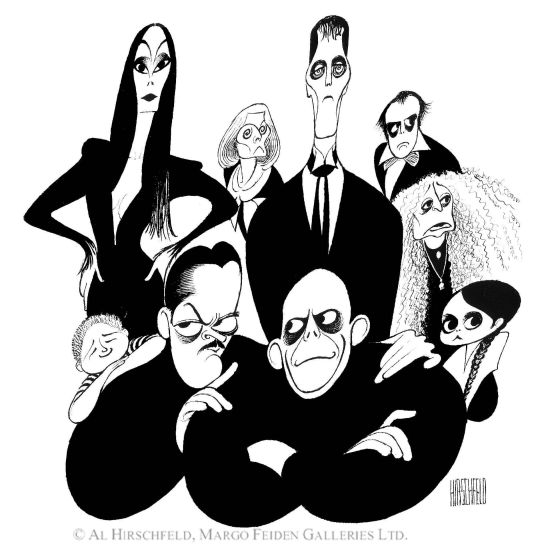
Wenn man dieses Halloween-Gegrusel unbedingt mitmachen muß, dann wenigstens mit der Addams Family. Die können es am Besten.
#The Addams Family#Anjelica Huston#Raul Julia#Christopher Lloyd#Christina Ricci#Carel Struycken#Jimmy Workman#Judith Malina#Elizabeth Wilson#Dan Hedaya#Film gesehen#Barry Sonnenfeld#Chas Addams#Al Hirschfeld
61 notes
·
View notes
Text
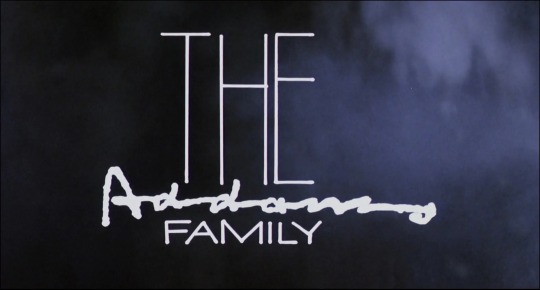

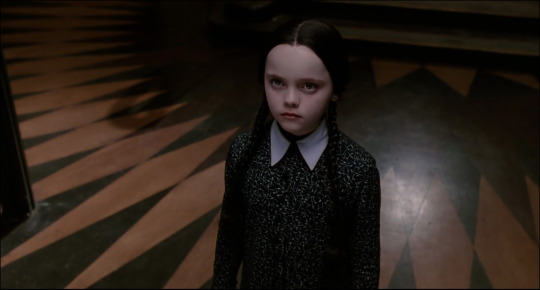
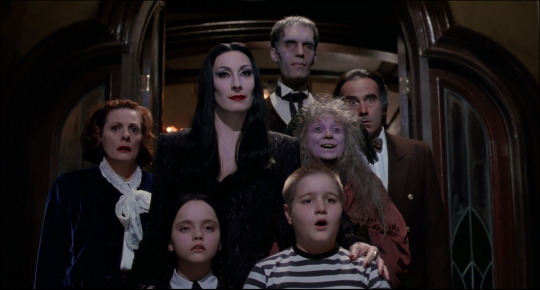

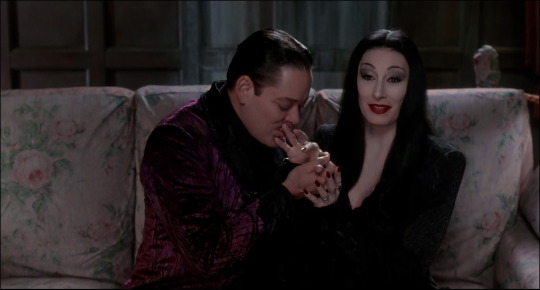


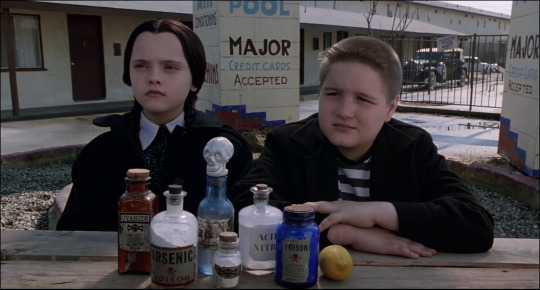

The Addams Family (1991)
dir. Barry Sonnenfeld
#the addams family#1991 movies#movies#cinemetography#anjelica huston#christina ricci#raul julia#christopher lloyd#jimmy workman#marc shaiman#carel struycken#judith malina#elizabeth wilson#comedy#fantasy#halloween
58 notes
·
View notes
Photo


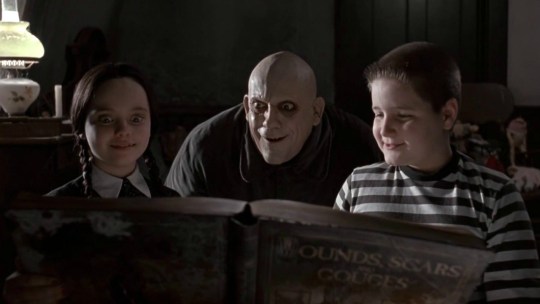



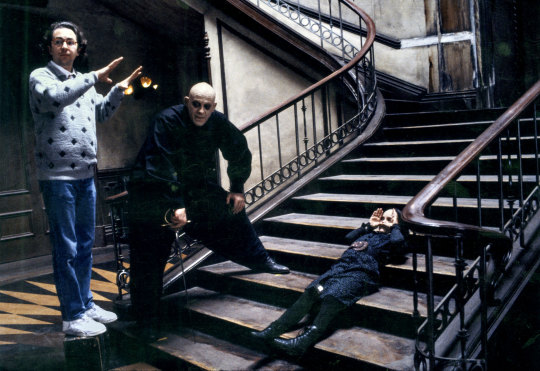
The Addams Family (1991) Barry Sonnenfeld
May 30th 2023
#the addams family#1991#barry sonnenfeld#anjelica huston#raul julia#christopher lloyd#christina ricci#jimmy workman#elizabeth wilson#dan hedaya#judith malina#carel struycken#dana ivey#paul benedict#john franklin
13 notes
·
View notes
Text
9 to 5 (1980)

Before I hit play and began watching 9 to 5, I had a pretty good idea of what I was getting into. I’d heard the Dolly Parton song of the same name, knew roughly what the story was about and was aware of the film's cult following. I certainly didn't expect to feel cold towards it. This comedy has its moments for sure. I just kept thinking that the film could’ve - should’ve - gone in and been tougher or darker or made its point more aggressively. Instead, it's being content with merely dipping its toe into the ideas it brings up.
While bonding over their mutual hatred of their sexist, egotistical, lying, hypocritical bigot of a boss, former housewife Judy Bernly (Jane Fonda), mother of four Violet Newstead (Lily Tomlin) and secretary Doralee Rhodes (Dolly Parton) fantasize about what it would be like to teach Frank Hart (Dabney Coleman) a lesson. When a misunderstanding leads Violet to believe she’s poisoned him, they scramble to find a way to cover up their “crime”.
As a film debut, Dolly Parton couldn’t have asked for much more. She proves herself a natural comedienne, easily keeping up with her co-stars. She’s charming through and through. She also gets to show off her skills as a singer - there's a reason that titular song is still playing on the radio. The film's best scenes have Frank manufacturing scenarios so that he can peer down Doralee's blouse. It makes you hate him even more than you already do and endears you to Doralee even more than before.
It’d be one thing if Frank was good at what he did but everyone can see right through the big idiot (well, maybe except his secretary). The point when Judy, Violet and Doralee fantasize about what they’d like to do to him should fill you with all sorts of dark laughs - should. Whether or not the trio manages to get Hart to change his ways (or get him killed, either one will be satisfying), it won’t change the fact that all of the other Frank Harts are still out there. They're still harassing their female co-workers, rounding up toadies to ensure they are never punished for doing so, handing out promotions to unqualified men rather than the hard-working women who have been around them for years, etc. Frank is not a character; he's an idea. You want an impossibly ridiculous vengeance to rain down upon him; you want your fantasy to come true but the picture just doesn't go that way. To be fair 9 to 5 does abandon all pretense of realism but it eventually turns into a light-as-air comedy, which just doesn’t feel right.
9 to 5 gets very silly, which makes it inoffensive and easily digestible to just about anyone - except maybe dedicated misogynists and Ronald Reagan, who strongly disapproved of a scene in which the girls smoke marijuana. I can't say whether the decision to be light and breezy was right for 1980. Today? It disappoints. 9 to 5 left me wanting a lot more. I expected a laugh-out-loud comedy that also hit as hard as a sledgehammer between the legs; I wanted to see a provocative, memorable comedy. That's not what you get. Still, I would give it another go to see if lowered expectations might change how I feel. (On DVD, October 9, 2021)

#9 to 5#movies#films#movie reviews#film reviews#Colin Higgins#Patricia Resnick#Jane Fonda#Dolly Parton#Lily Tomlin#Dabney COleman#Elizabeth Wilson#Sterling Hayden#1980 movies#1980 films
2 notes
·
View notes
Text
The undeviating existence of the house and in particular its uninhabited rooms, may also be experienced as disturbing. It is as if a house should always be inhabited and that its emptiness is simultaneously eerie and uncanny. Eeriness is often said to be created by the absence of something that ought to be there, but isn't, whereas the uncanny is the opposite, arising from the presence (real or imagined) of something that shouldn't be there, but is there. So the emptiness of the empty house is eerie, and yet at the same time it produces the uncanny sensation that something actually is there; and that must be the house itself—or, of course, a ghost haunting it. It is this contradictory mixture that produces the belief that the house itself is a presence, a being, that it is in some sense if not alive, then at least sentient. In this sense a house may be haunted by itself.
Elizabeth Wilson, Haunted Houses
10 notes
·
View notes
Text



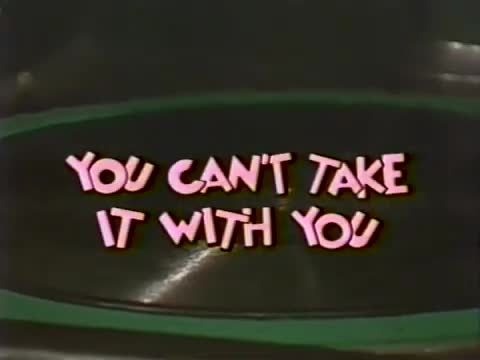
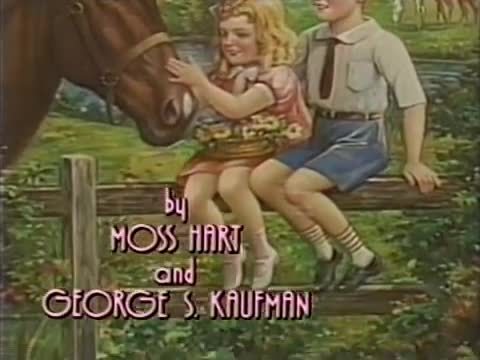



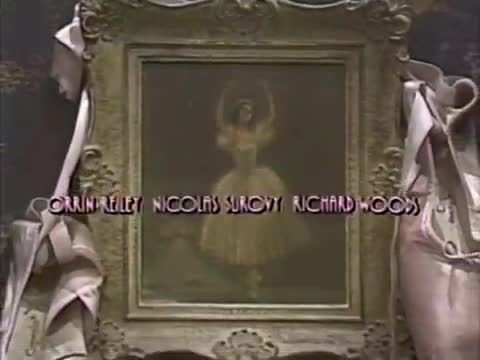

You Can't Take it With You - PBS - November 21, 1984
Musical (A presentation of "Great Performances")
Running Time: 116 minutes
Stars:
Jason Robards as Grandpa Martin Vanderhof
George Rose as Boris Kolenkhov
Elizabeth Wilson as Penny Sycamore
Colleen Dewhurst as Grand Duchess Olga Katrina
Maureen Anderman as Alice Sycamore
Carol Androsky as Essie Carmichael
Jack Dodson as Paul Sycamore
Alice Drummond as Gay Wellington
Christopher Foster as Ed Carmichael
Arthur French as Donald
Page Johnson as A man from the Department of Justice
Rosetta LeNoire as Rheba
Bill McCutcheon as Mr. De Pinna
Meg Mundy as Mrs. Anthony P. Kirby
Orrin Reiley as Henderson
Nicholas Surovy as Tony Kirby
Richard Woods as Anthony P. Kirby
Jason Robards III as Mac
Wayne Elbert as Jim
#You Can't Take it With You#TV#PBS#1984#Musical#Jason Robards#George Rose#Elizabeth Wilson#Colleen Dewhurst
4 notes
·
View notes
Text
New Substack post <3
2 notes
·
View notes
Text
Snippet Saturday
@hey-dw look i actually put it into words instead of a million voice notes
"I am so sorry," the young girl said, grabbing Roxy's leash. "She's not normally the type to run up to strangers, I have no idea what got into her."
"Oh, I'm not a stranger," Penelope replied. "I've met her before, and sent her gifts occasionally. You must be Luke's dogwalker, right?"
“No, I’m Luke’s goddaughter, actually, my name's Elizabeth. How do you know him?”
Penelope tried to not let her shock at the knowledge that Luke had a goddaughter show. “Oh, my name is Penelope, I work with him.”
Elizabeth's eyes lit up. "Oh, you're Penelope."
Penelope had no idea if that was a bad or a good thing. If Luke had mentioned her, he had likely mentioned how she hadn't been the nicest to him. Depending on how close he was with his goddaughter, Elizabeth might not be too fond of Penelope. “He mentions me?”
Elizabeth smiled widely. “Oh yeah, all the time. Always ‘complaining’ about how you give him a hard time. Which, of course, makes you my favorite of his co-workers.”
“Wait, really?” Penelope laughed lightly.
“Yeah. Don’t get me wrong, Luke is a great guy and I love him to death, but I also love affectionately giving him a hard time.”
#Snippet Saturday#Garvez#Luke Alvez#Penelope Garcia#Criminal Minds OC#Elizabeth Wilson#Garvez fanfiction#Criminal Minds#Criminal Minds fanfiction
4 notes
·
View notes
Note
what sticker would be on your tua ocs suitcases?
elliot would have a sticker that says "welcome to jeju!" & betty would have a sticker for san francisco!

4 notes
·
View notes
